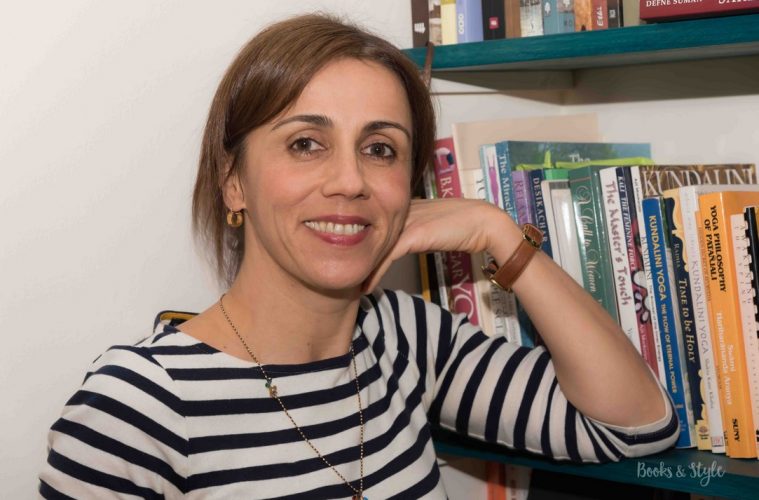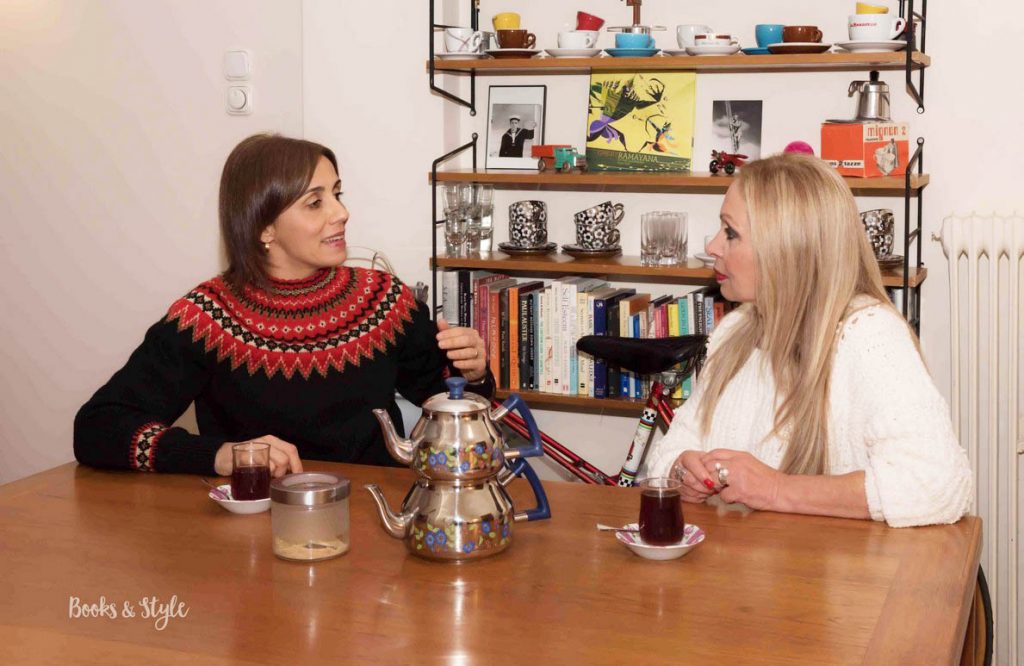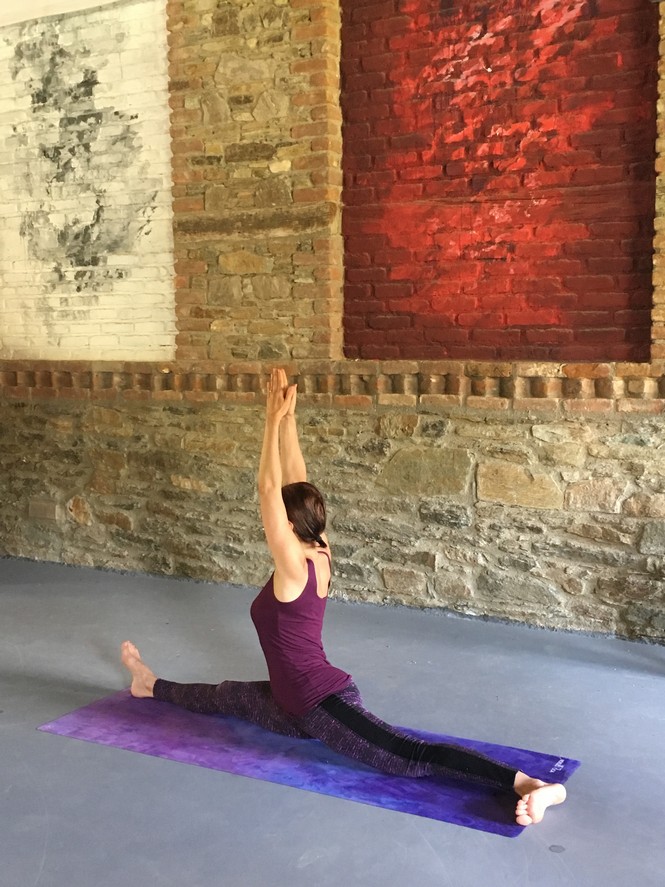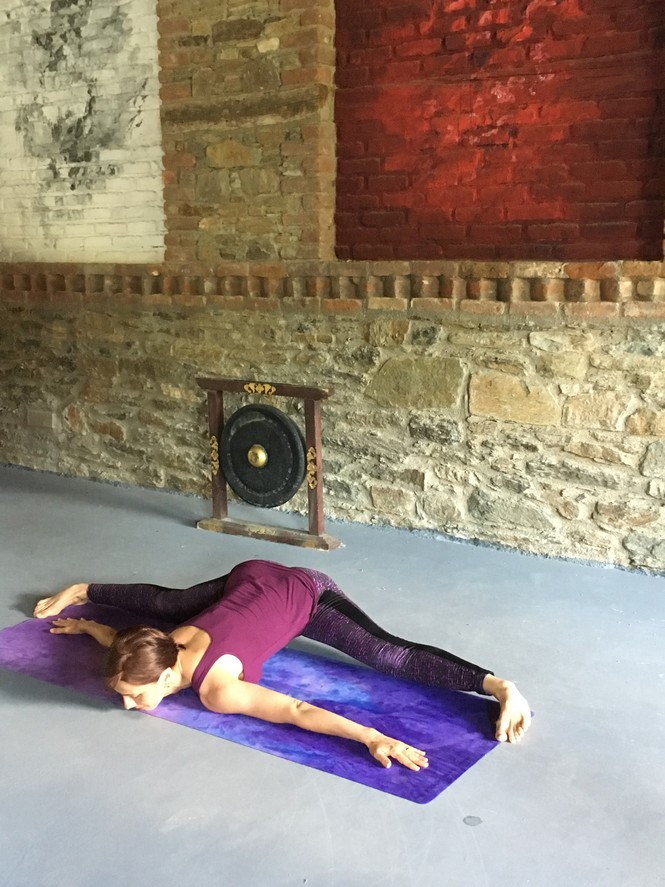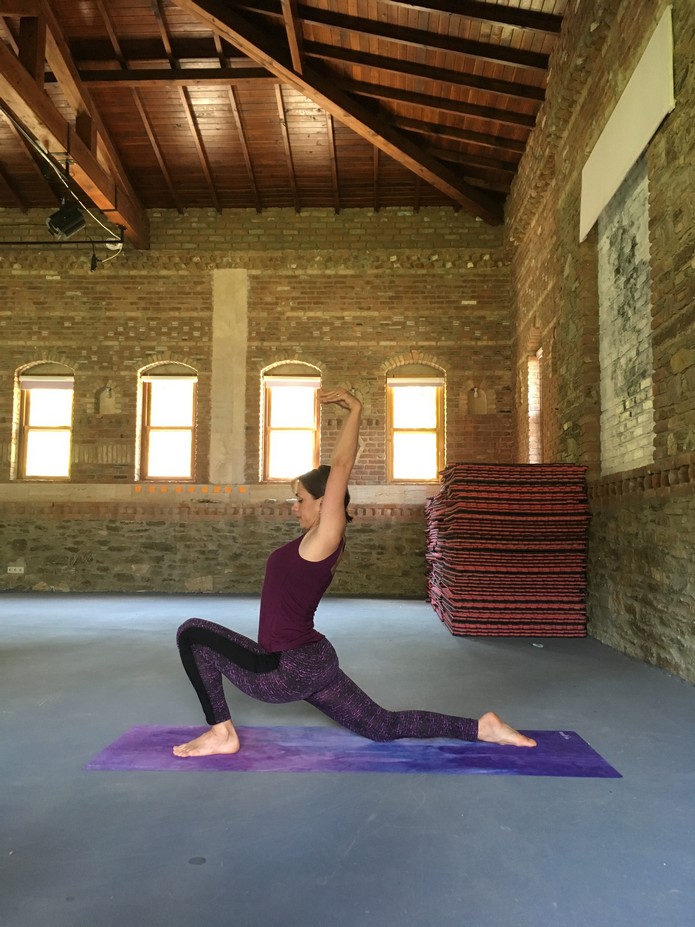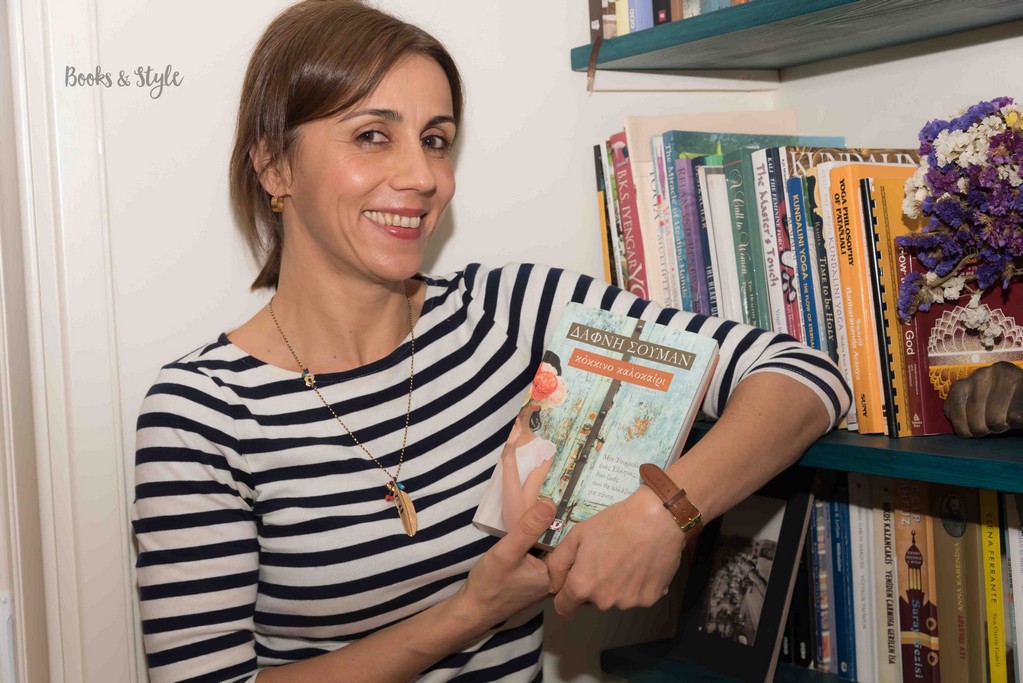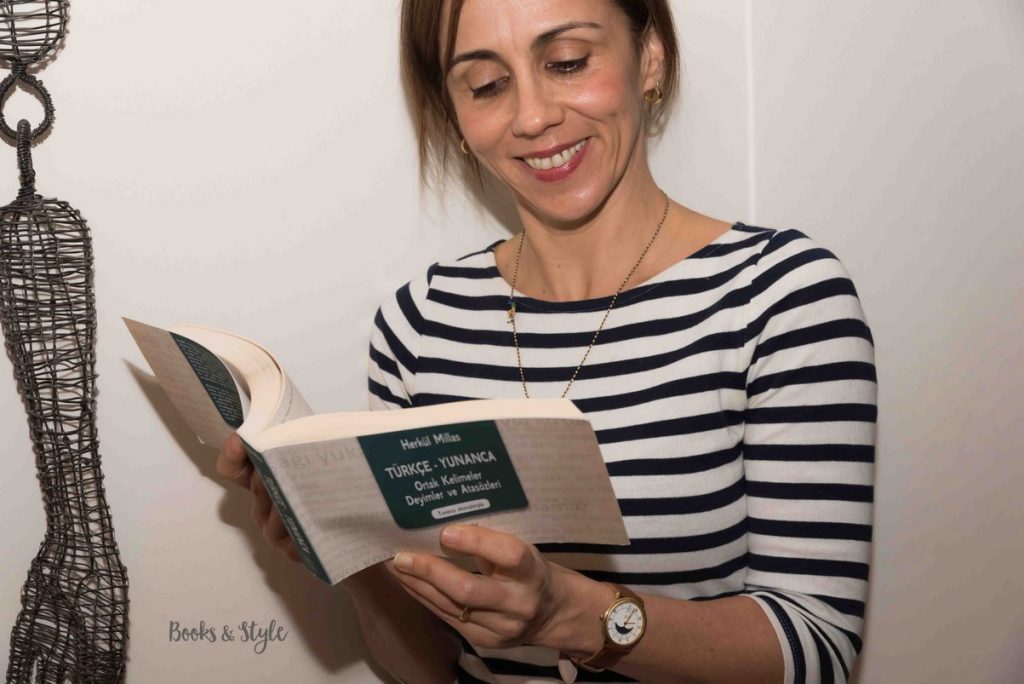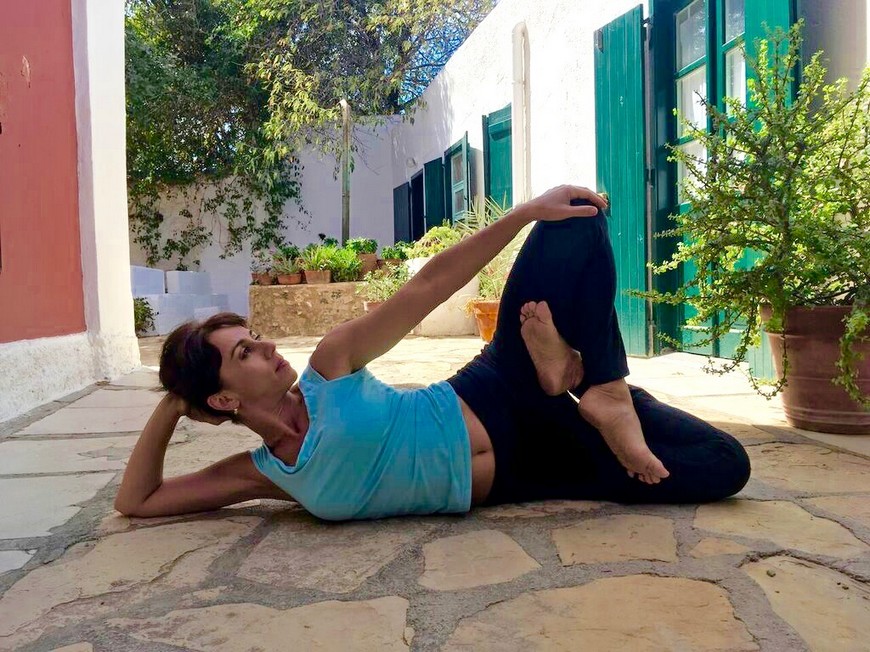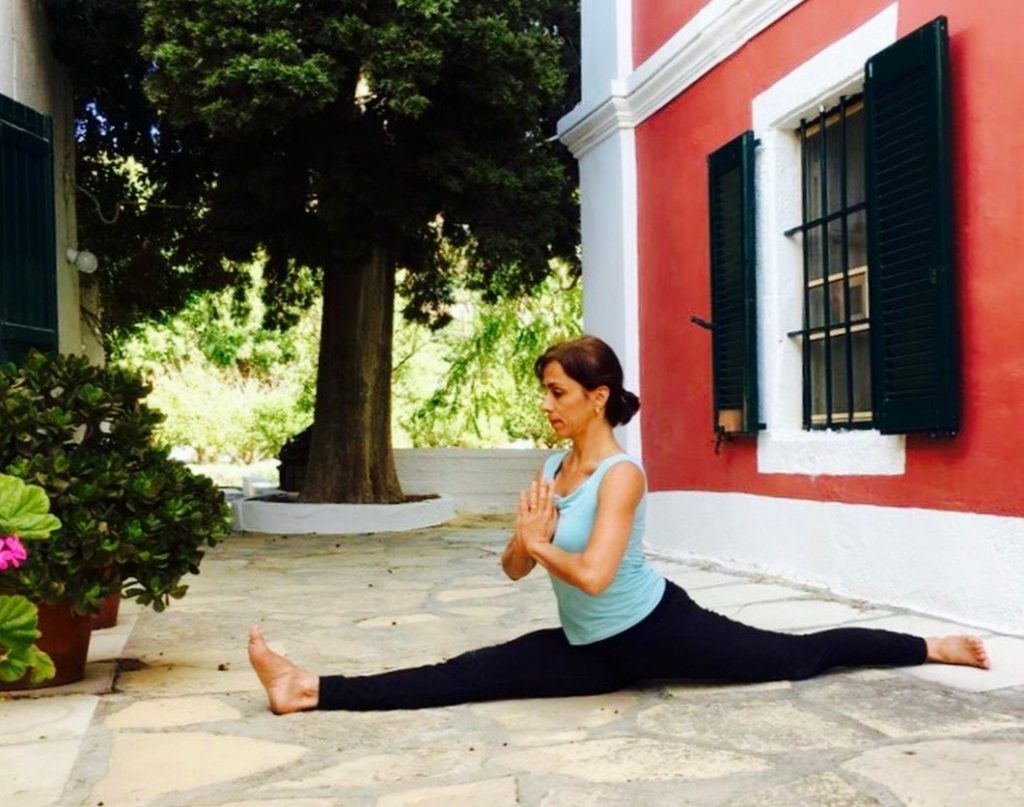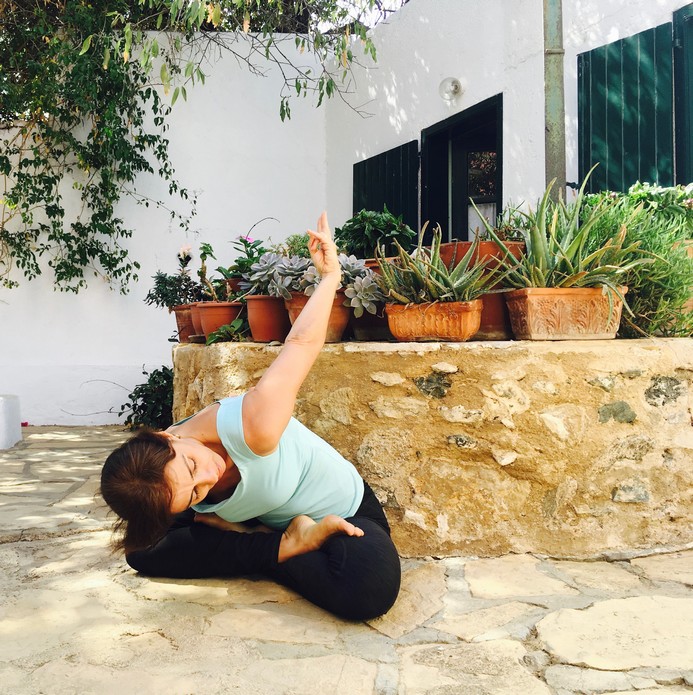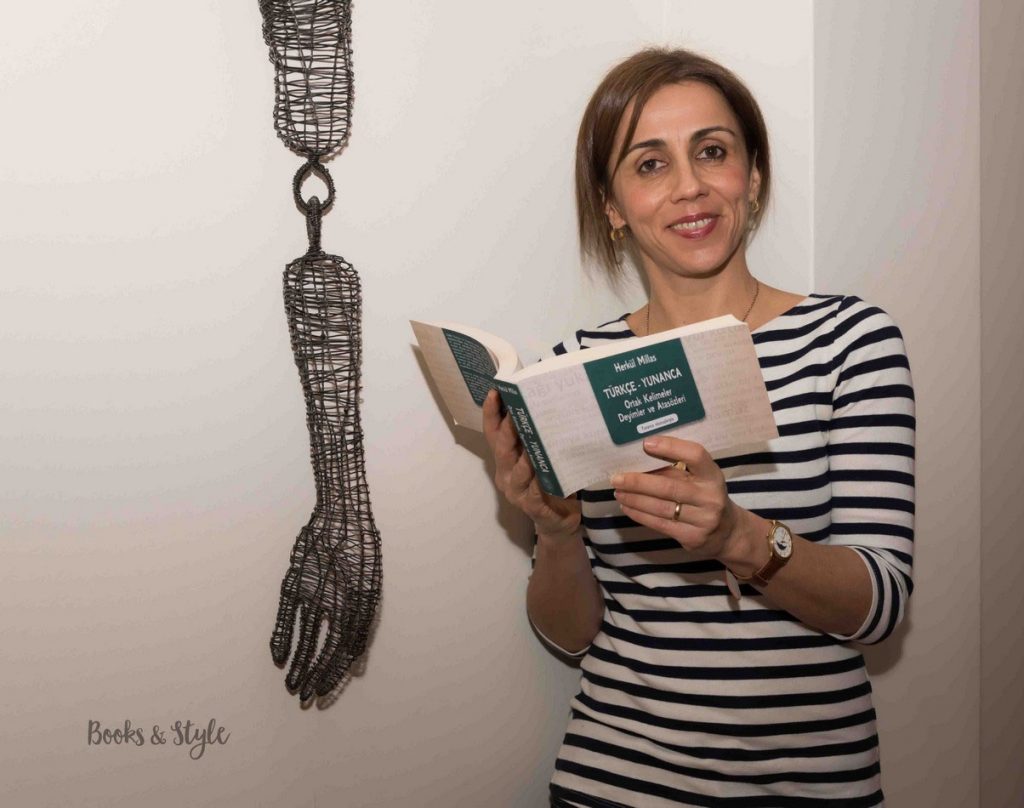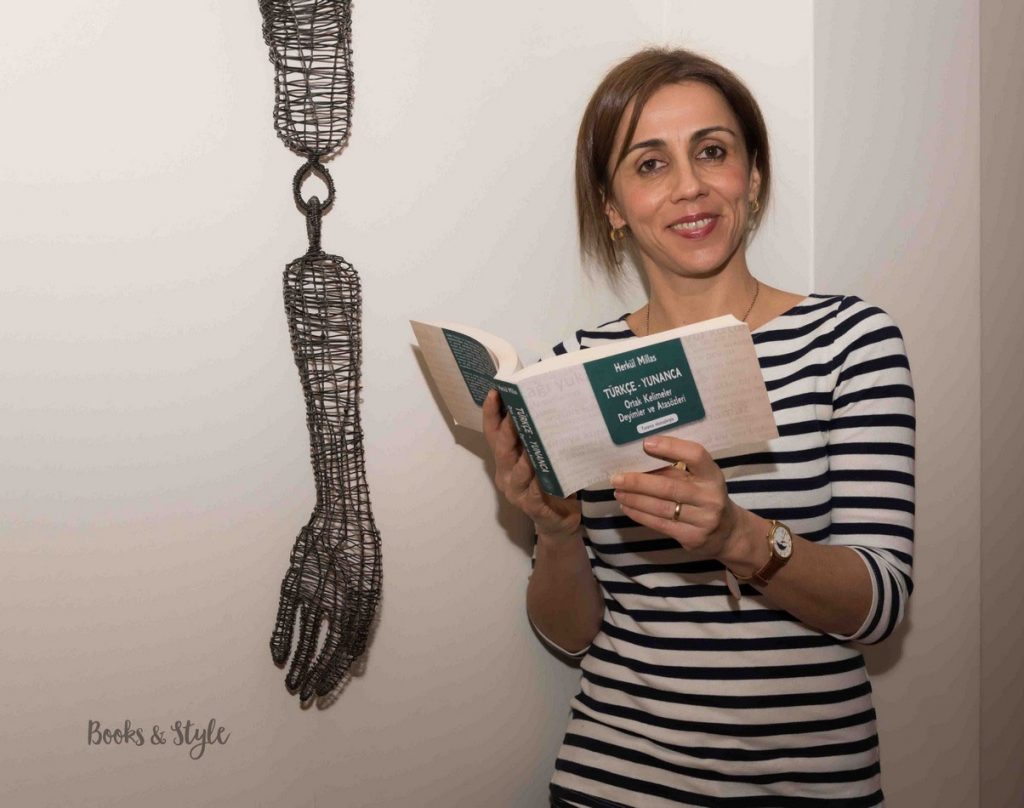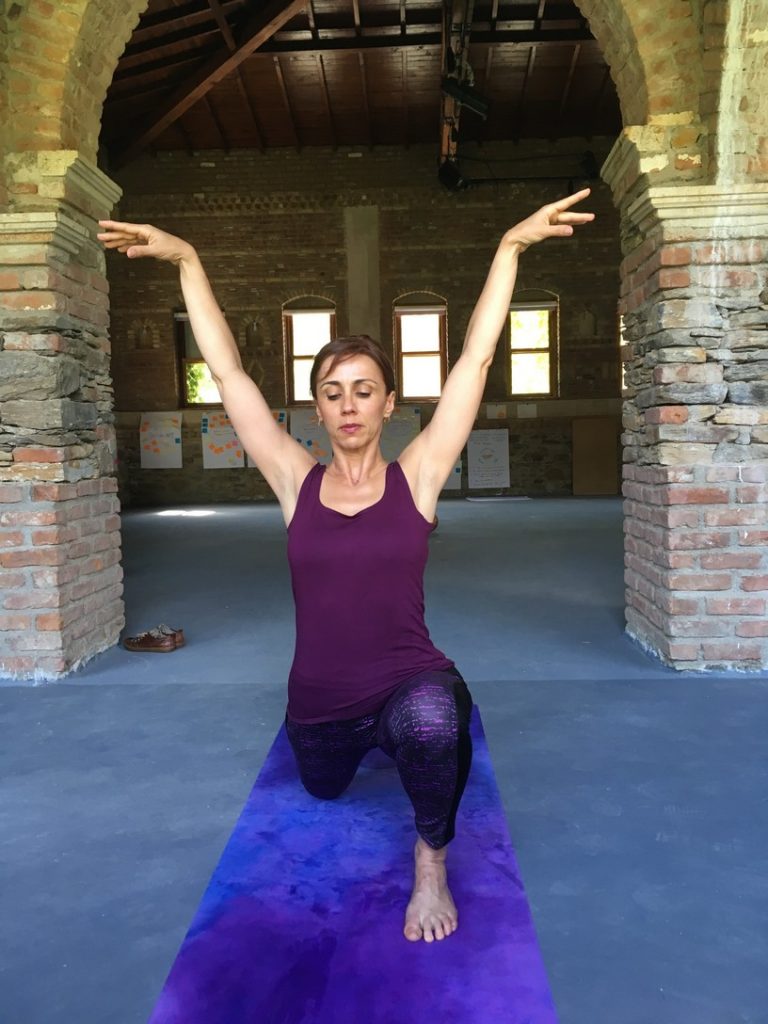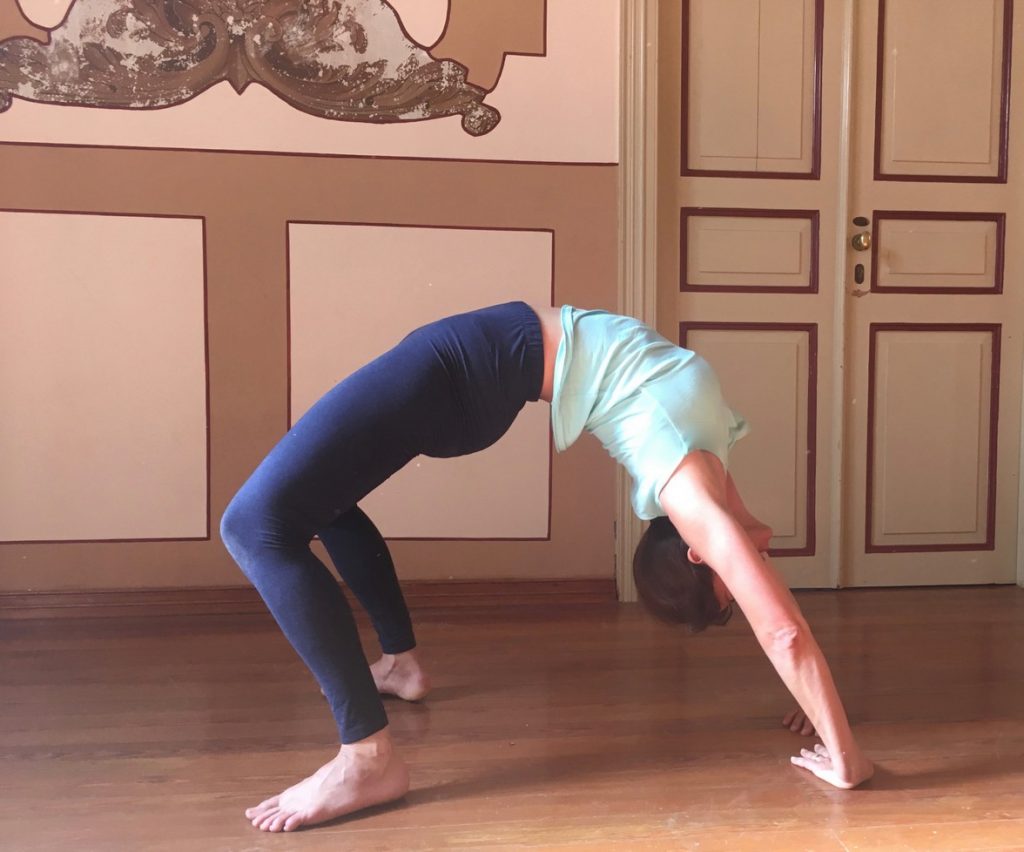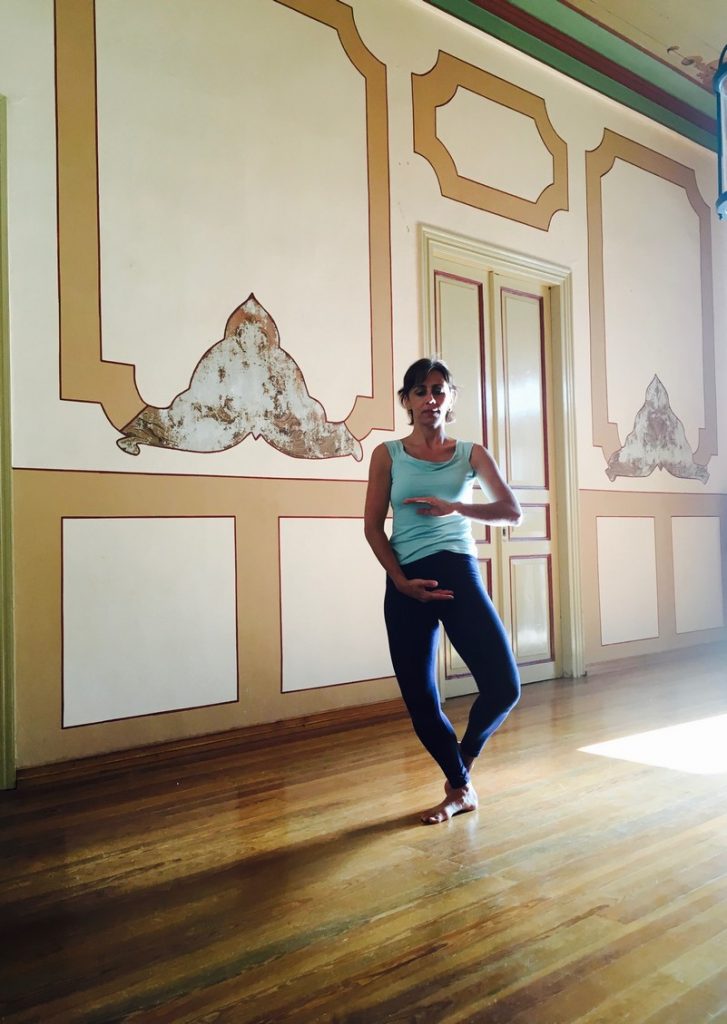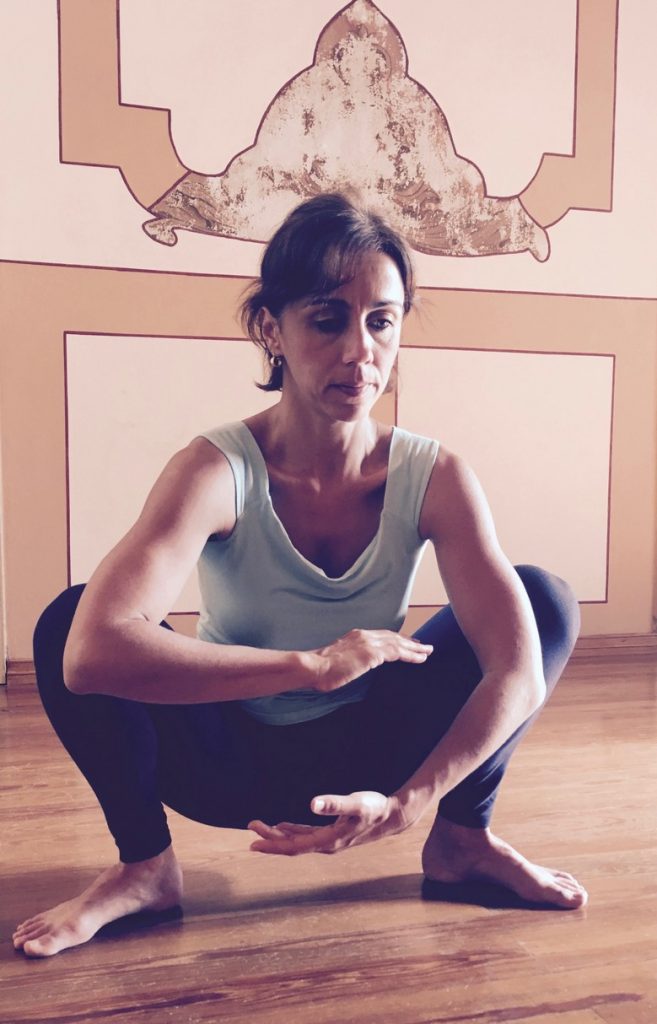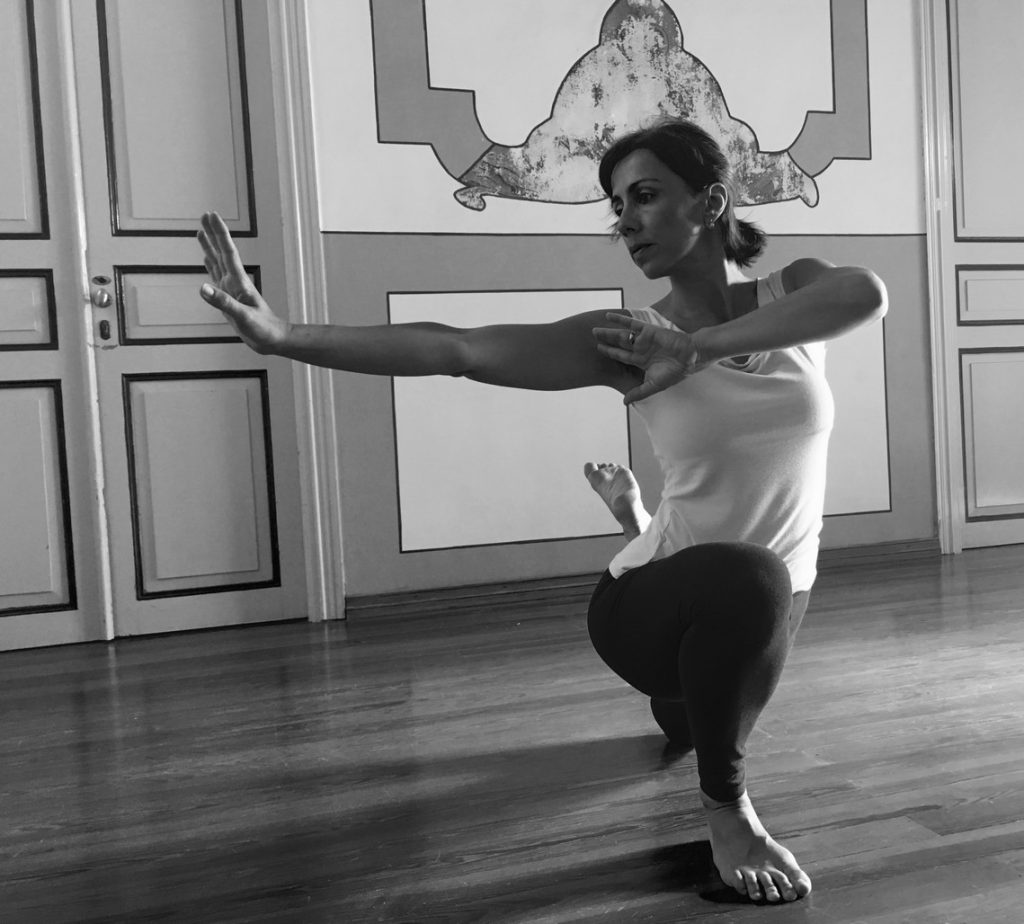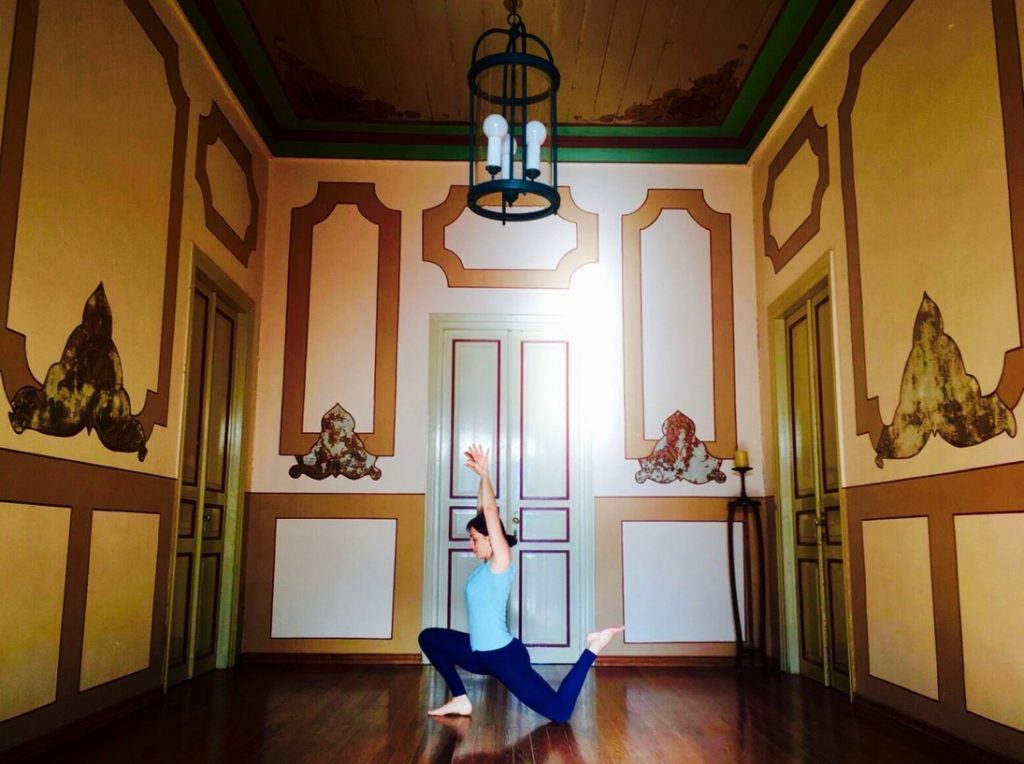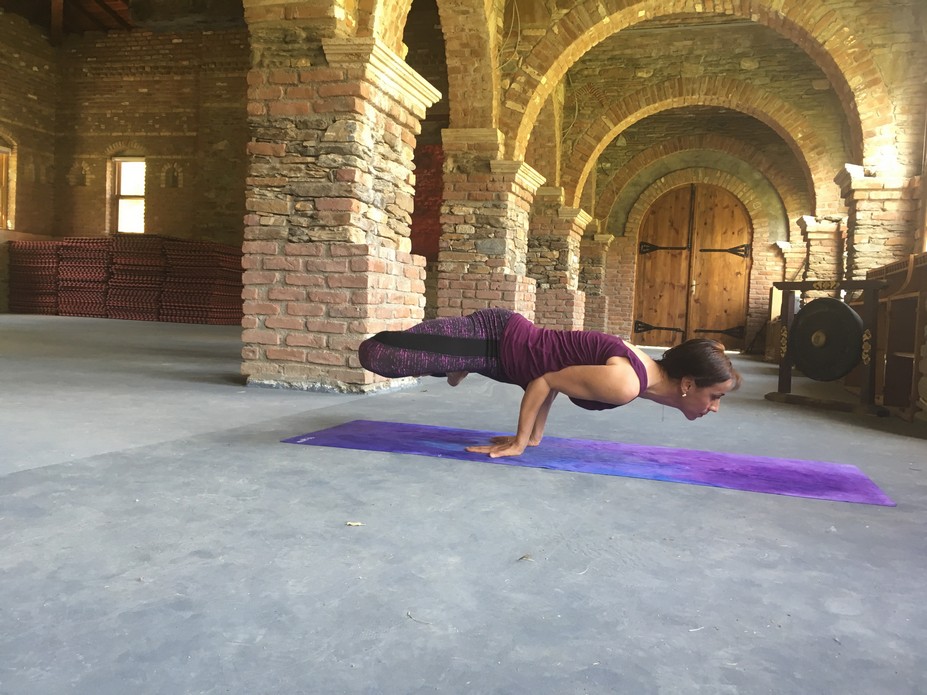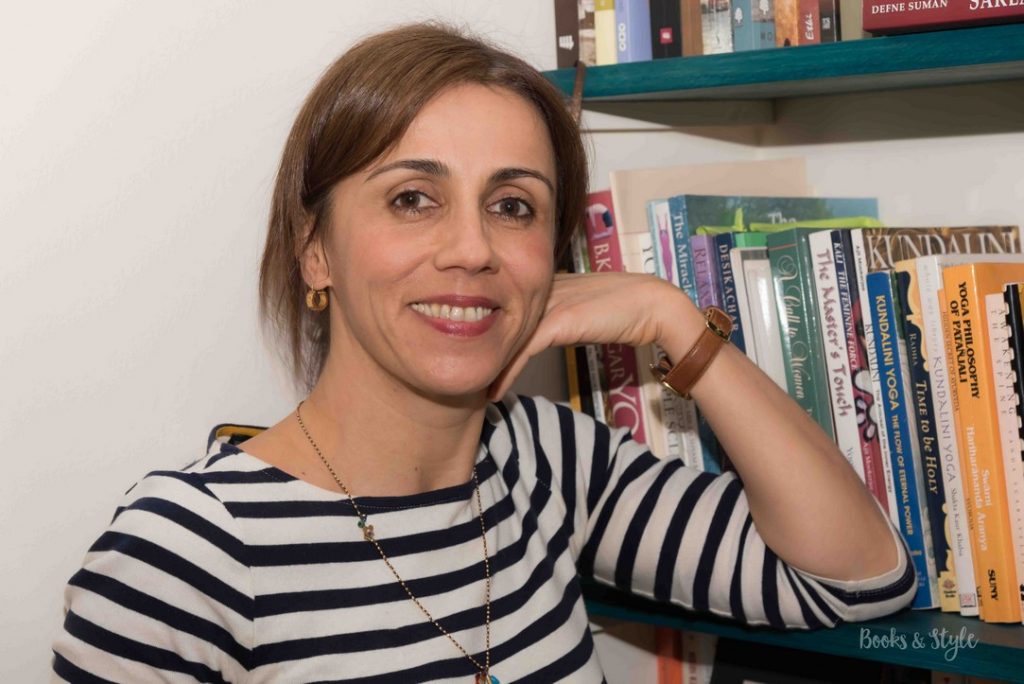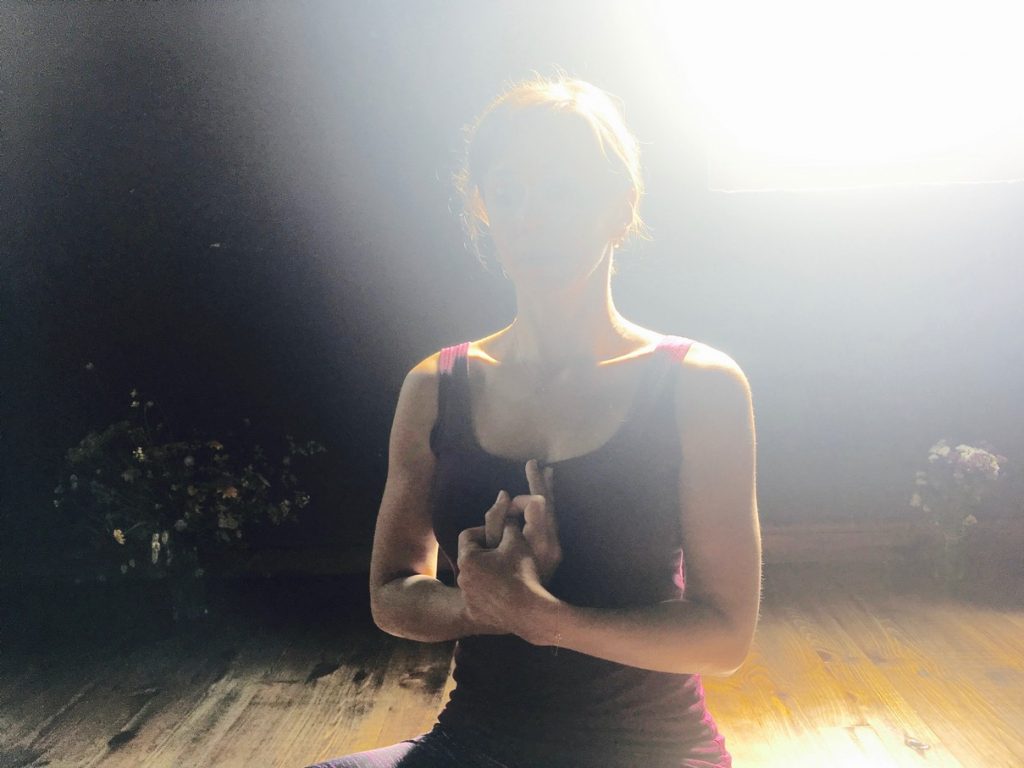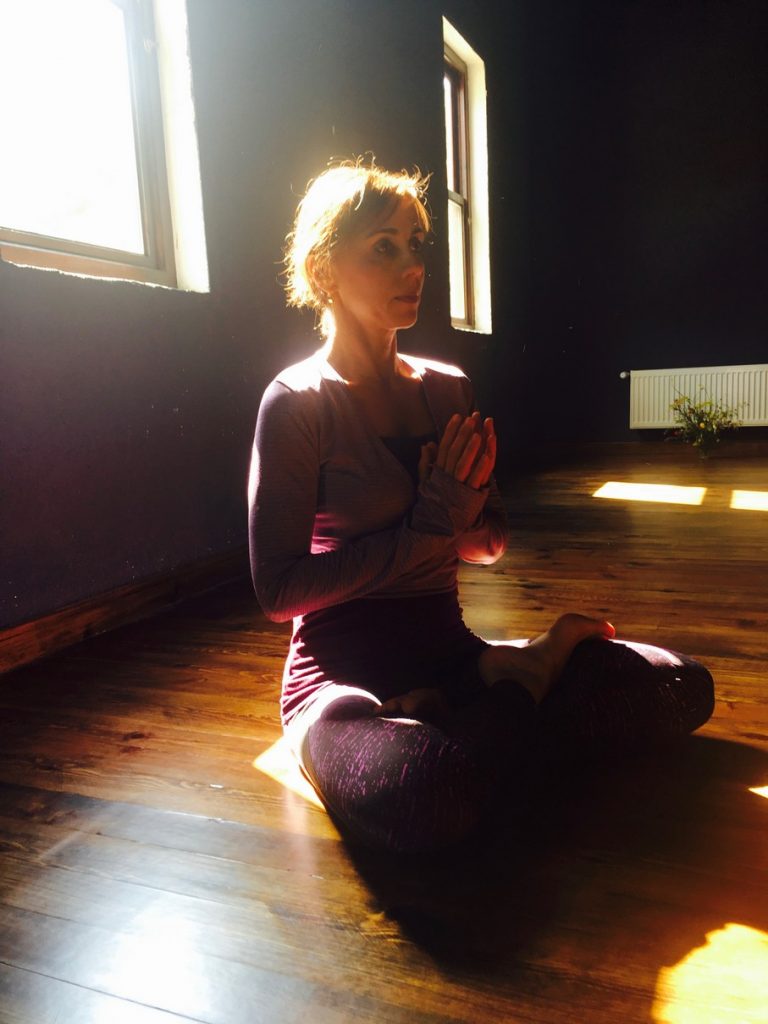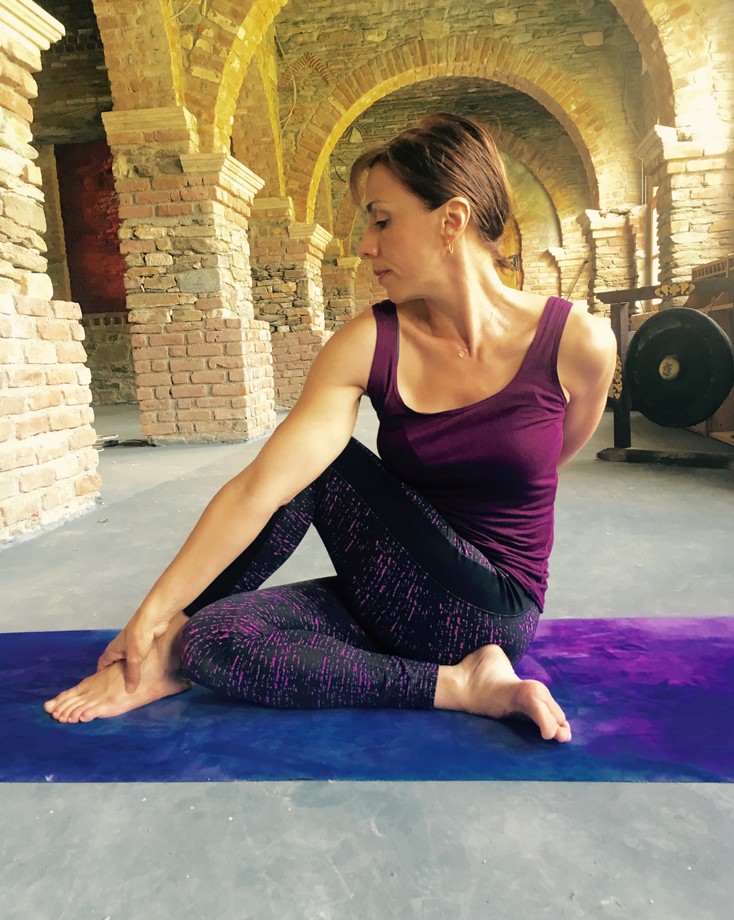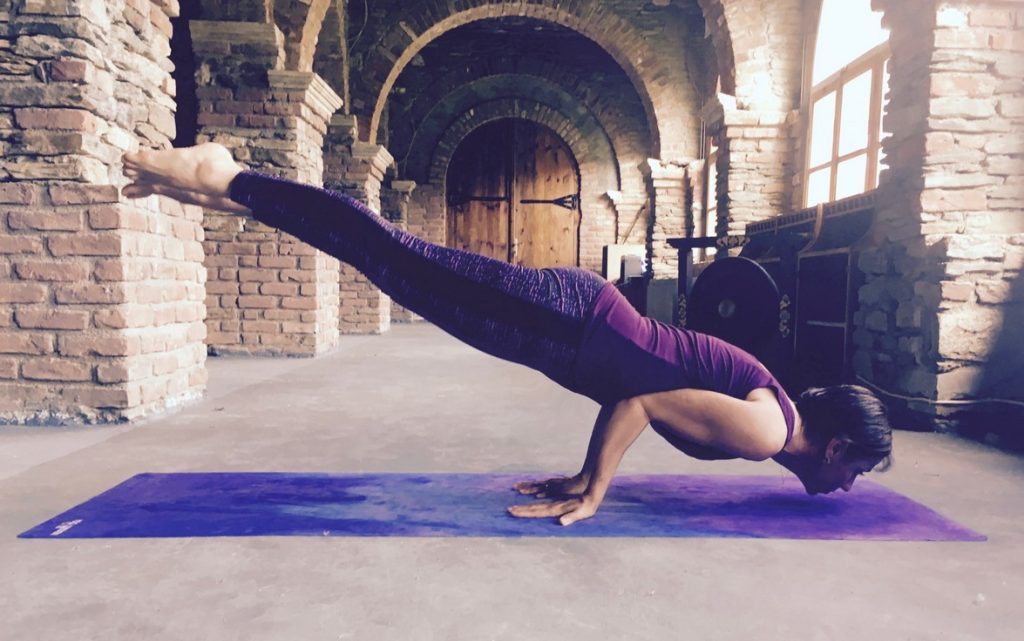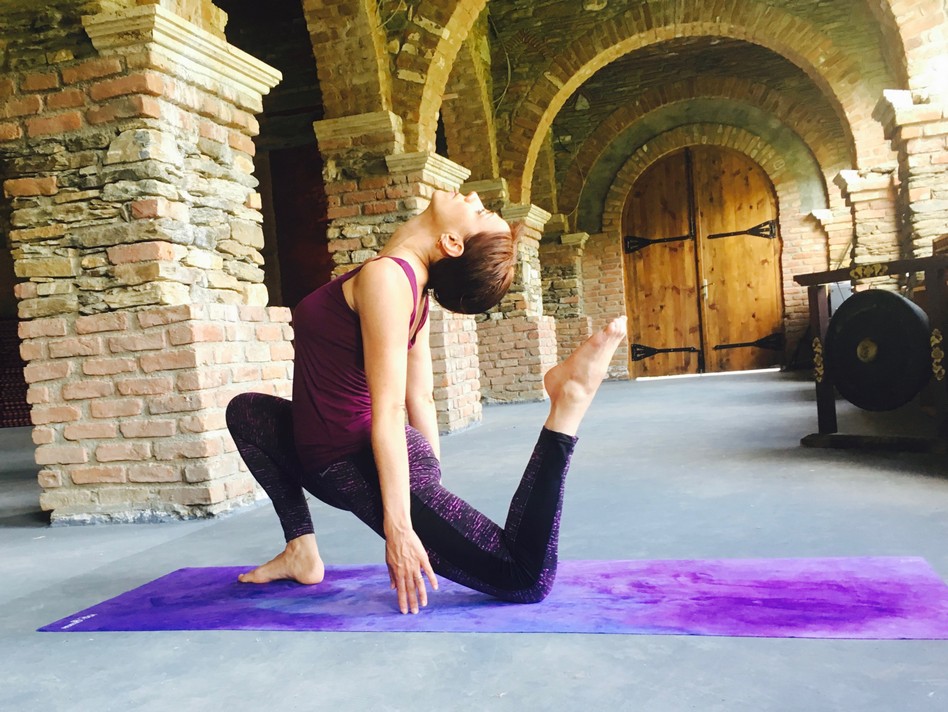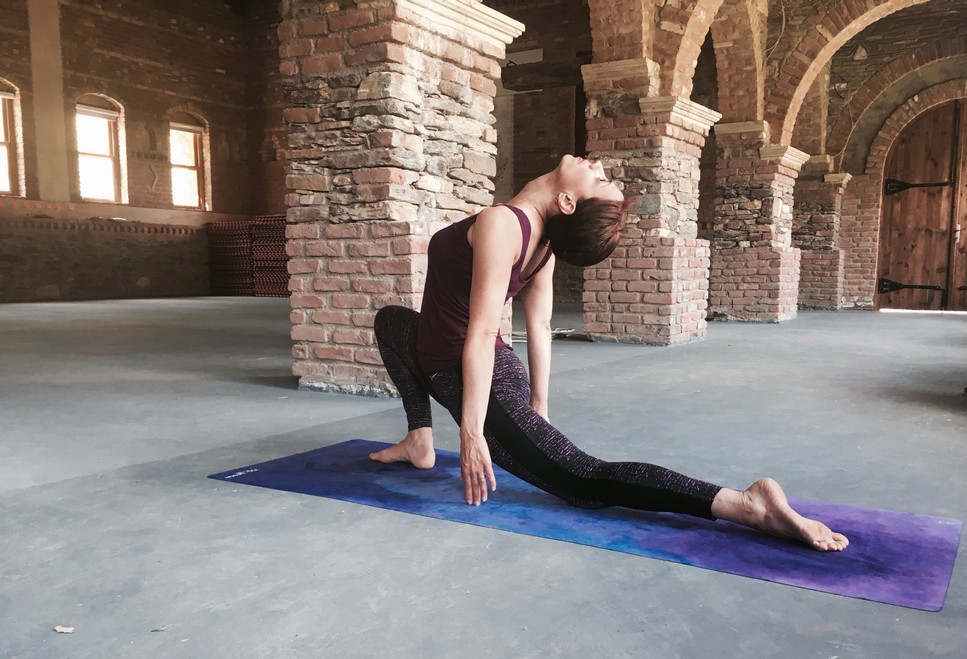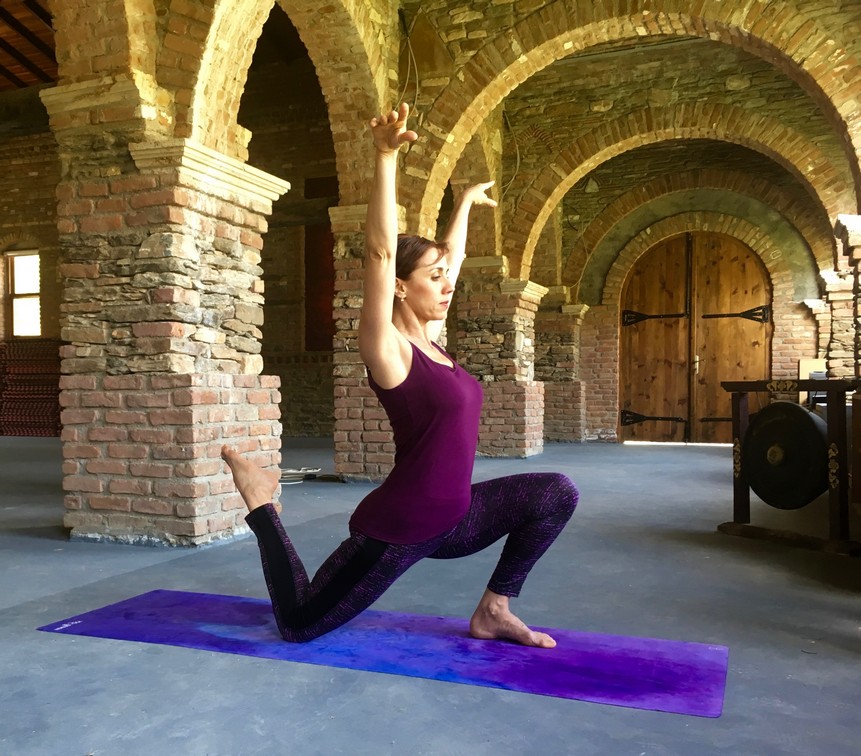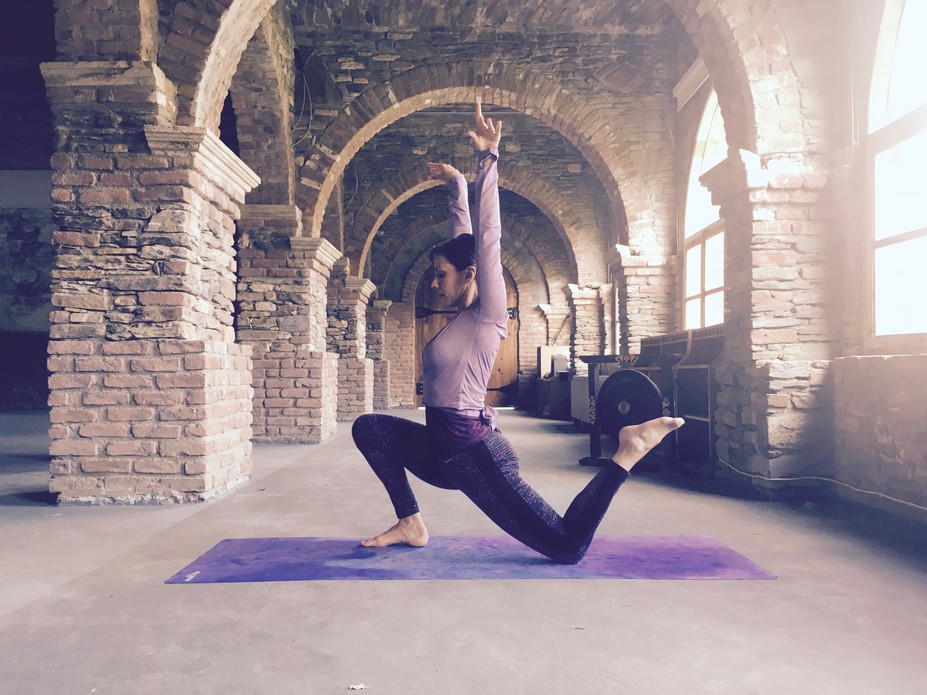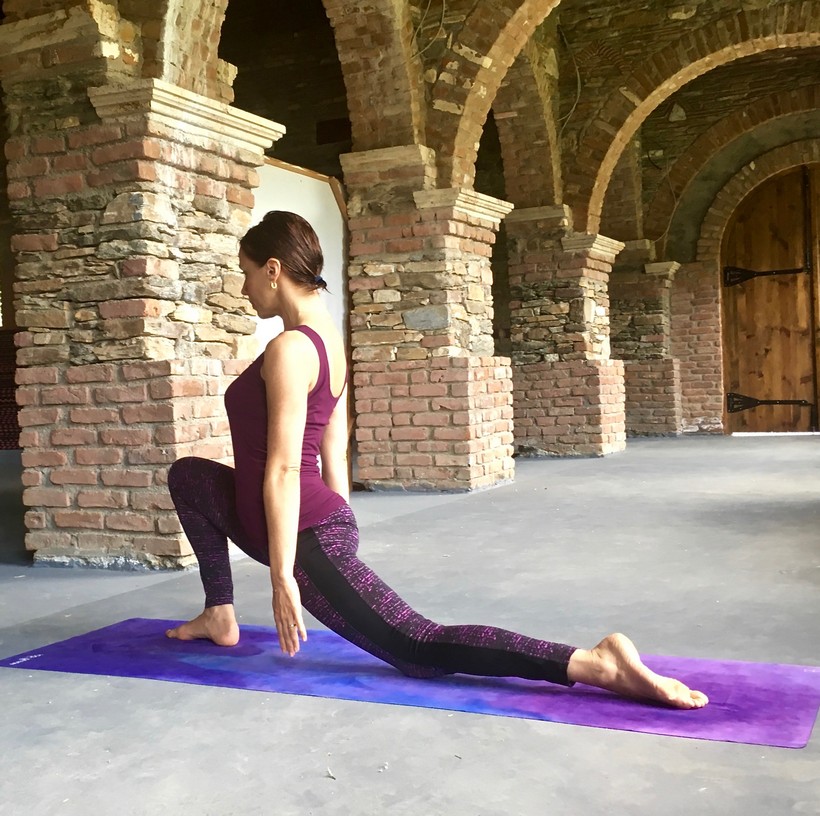PHOTOGRAPHY: PETER TAMAS
Yoga photos: Fatos Safak Pinarbasi
Translates: Anthi Pagali, Special section publishing Psihogio, Biray Anıl Birer, ve Ayça Kamacıoğlu.
THE INTERVIEW IS PUBLISHED IN GREEK, TURKISH AND ENGLISH
Η ΣΥΝΕΝΤΕΥΞΗ ΔΗΜΟΣΙΕΥΕΤΑΙ ΣΤΑ ΕΛΛΗΝΙΚΑ-ΤΟΥΡΚΙΚΑ-ΑΓΓΛΙΚΑ
Διαβάστε τη συνέντευξη στα ελληνικά ακολουθώντας τον παρακάτω σύνδεσμο
ROPÖRTAJ YUNANCA, TÜRKÇE VE İNGİLİZCE YAYINLANMIŞTIR
Aşağıdaki bağlantıyı takip ederek röportajı Türkçe’de okuyabilirsiniz
***
Dafne Suman is a popular author from Turkey who lives in Greece. She often travels to her home country, Turkey, mostly to Instabul and Smyrna where she teaches Yoga. We met her at her home somewhere in the center of Athens. She and her husband welcomed us as good, old friends in a relaxing atmosphere surrounded by objects from Poli, and we were offered aromatic, Turkish tea served in traditional Turkish cups.
Her mesmerizing peacefulness, her positive aura spreading all around the house, the love and tenderness I recognized in the looks shared by her and her husband gave me the impression of her being a woman who enjoys every moment of this particular life she has chosen for herself.
MARY GKAZIANI: You were born and raised in Istanbul, you have lived in the USA for some time and then you moved to Greece. What each of these countries represent for you?
DEFNE SUMAN: Istanbul is home. It has been my home. No matter how much I travelled away from it and no matter it changed over the last 25 years. I am always in love with the city; its blue waters, cats and seagulls, boats, churches, mosques and small streets that are centuries old. Istanbul is my inspiration fairy- old my stories start there and end there. It is my one and only love when it comes to places in the world. I lived in Thailand, in Laos, travelled India, Indonesia, Malaysia. I learned a lot from the eastern mind of the people of Asia. I learned to relax and be at ease in the middle of chaos and the unknown. People of South East Asia taught me that when there is stress in life, anger is only one of the responses, which I can give. There is also love and understanding. There is acceptance and surrender when there is stress. They taught me that my reactions are always a choice of mine and I have power to choose how to react. I am forever grateful to the people of SouthEast Asia for teaching this valuable lesson. I, then travelled to Oregon in the USA. I lived in Portland for a long time. America taught me courage. I taught me that I can achieve whatever goal I have as long as I am committed to my goal. Finally I moved to Greece. Athens is my home now. Athens for me is the city of joy, beauty and elegance. I walk on the streets and admire the beauty of colors, buildings, ancient sights and the joy of people, proud postures of young women and careless laughter of people. Athens is where I learn how appreciate life- the most precious thing we have.
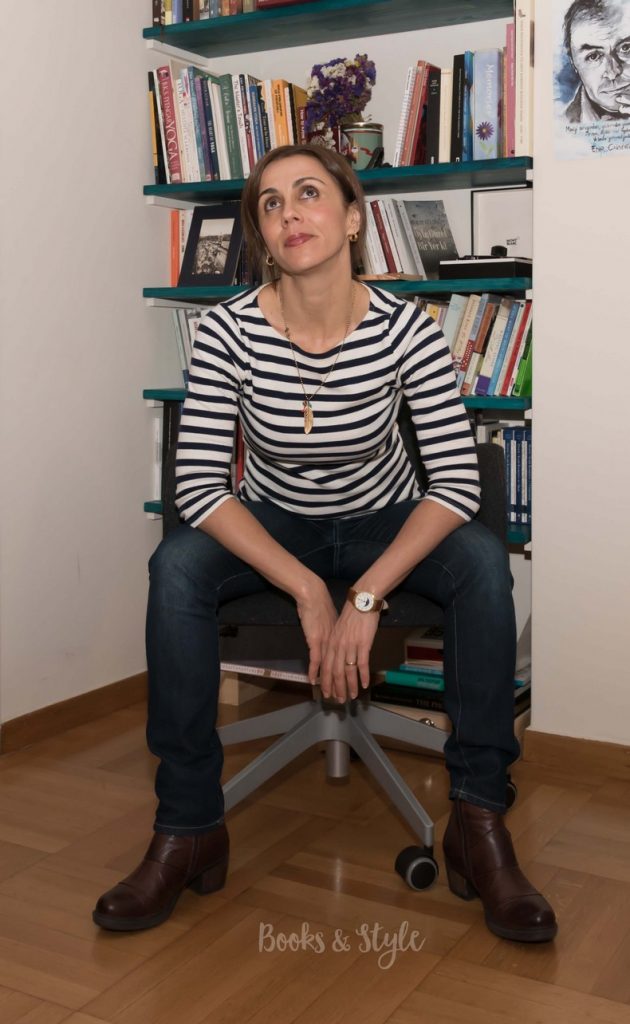 M.G.: Upon the completion of your studies on Sociology, you started travelling the world. Which need of yours urged you to get to know the world?
M.G.: Upon the completion of your studies on Sociology, you started travelling the world. Which need of yours urged you to get to know the world?
D.S.: At that time I have completed all my goals and did not know what to do. I studied at Bosporus University- the most prestigious university in Turkey. I did graduate studies at the department of sociology and wrote my thesis on the young women who chose to become part of Islamist social movement (that was 1997 and rise of Islamist social movement was very new Turkey). I received full scholarship for doctoral degree from UCLA- University of California in Los Angeles. I was going to an academician. My future was set. Then all of a sudden I realized that I did not want that future no matter how glorious and prestigious it looked. Academic work was limited, not satisfactory. It was not going to satisfy my need for creativity. I rejected the scholarship and declined to go UCLA for PhD. My parents went crazy. They were very angry. They believed that I burned my future on a whim. Every single day they asked how I was going to do in life if not PhD, if not academia then what? I got so tired of not having an answer to give them. That is how I decided to leave Turkey and looked for a volunteer job somewhere far. In a small school in Northeastern Thailand they were looking for an English teacher. I jumped on the plane and left Turkey. I stayed in Thailand for three wonderful years.
M.G.: How did you move to the USA and what made you finally settle in Greece?
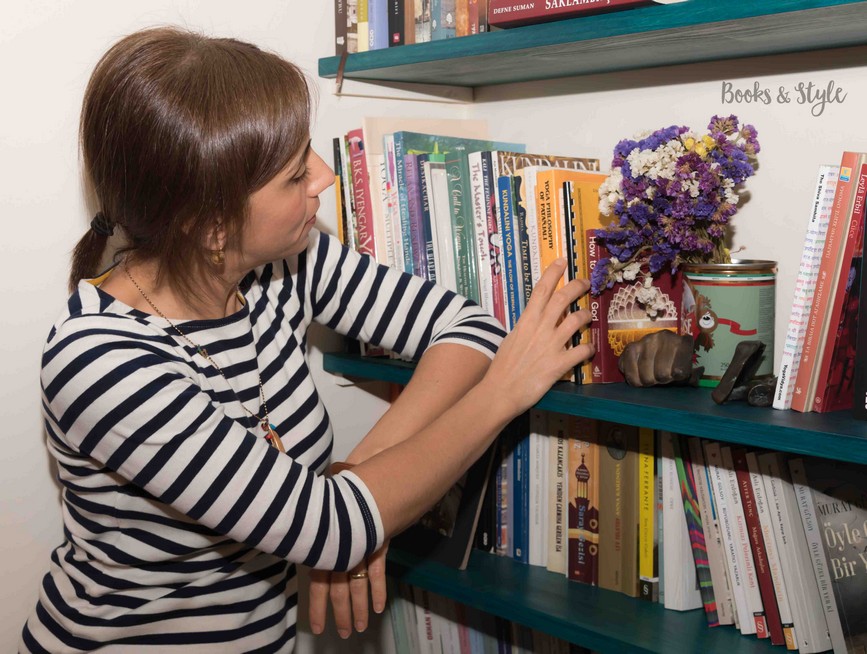 D.S.: Destiny is always one step ahead of you when you make plans for your life! In 1997 I won a Green Card from a lottery. USA government donates residency permits (Green Cards) to a number of people in the world in order to increase diversity in the country. Green Cards are given to the ones who won the lottery. That lottery changed my life and it was not even ME who applied for the lottery. It was my father! He entered the entire family’s name for the Green Card lottery. I was not even aware of it. Then it was only ME who won the lottery! That meant that I could live and work in the USA legally and I could become a citizen in five years. That is a great opportunity for a young woman who lives in a country as unstable as Turkey. But it took me 8 years to finally go and live in the USA. I guess I was waiting for destiny to play its part. In 2005 when I finally went to Oregon to study yoga in order to become a teacher, I met the most amazing man on earth: A Greek. I fell in love with him right away. Six years later we got married and moved to Greece.
D.S.: Destiny is always one step ahead of you when you make plans for your life! In 1997 I won a Green Card from a lottery. USA government donates residency permits (Green Cards) to a number of people in the world in order to increase diversity in the country. Green Cards are given to the ones who won the lottery. That lottery changed my life and it was not even ME who applied for the lottery. It was my father! He entered the entire family’s name for the Green Card lottery. I was not even aware of it. Then it was only ME who won the lottery! That meant that I could live and work in the USA legally and I could become a citizen in five years. That is a great opportunity for a young woman who lives in a country as unstable as Turkey. But it took me 8 years to finally go and live in the USA. I guess I was waiting for destiny to play its part. In 2005 when I finally went to Oregon to study yoga in order to become a teacher, I met the most amazing man on earth: A Greek. I fell in love with him right away. Six years later we got married and moved to Greece.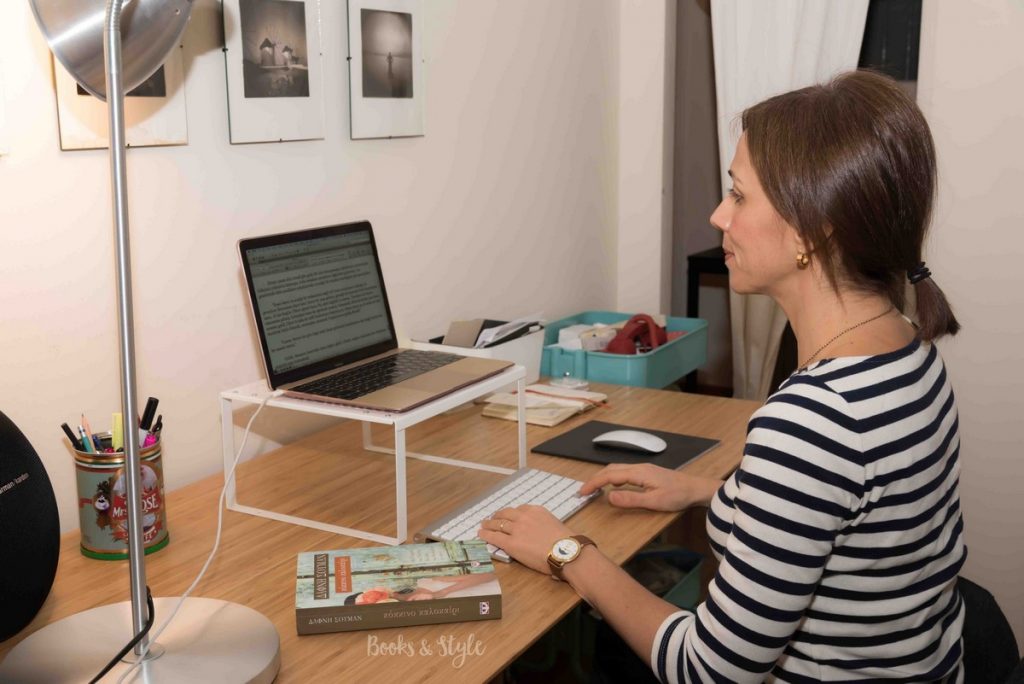 M.G.: You are a Yoga teacher. When did you discover yoga and it became a part of your daily routine?
M.G.: You are a Yoga teacher. When did you discover yoga and it became a part of your daily routine?
D.S.: I discovered yoga in Thailand. As I told you earlier, I was in a small town in Thailand and I was teaching English in a school. One day I saw the sign for a weeklong yoga course. It was an introductory course with theory, philosophy, meditation, breath work and of course the postures. I decided to take it. I have never done yoga before. I was not something popular as it today in Turkey. From the first class onwards I was mesmerized. It was the best thing I have ever done in my life. It was something you did with your body and it was taking you away from your body, to higher mystical realms. At the end of my first day at the yoga course I felt complete and fulfilled. I knew I wanted to learn and experience whatever there is to learn about yoga. I was happy that finally I knew what I want to do in my life. Finally I had an answer to give to my parents when they kept asking me what will do with my life.
M.G.: You and your Greek husband continuously work on developing friendship and cultural bonds between Greece and Turkey. What are the actions that you are taking?
D.S.: First of all we are looking into our own conditioning. I have never been a nationalist person. I detest categorizing people on the basis of their nation. In my opinion nationalism is as bad as racism. Why one person’s life is valuable because they belong to a certain nation and it is ok to take the life of another because they belong to another nation? In my opinion nationalism is one of the most dangerous ideologies of the modern era. With my husband through our writings and living we try to convey the message to the humanity what matters is your heart. A human being’s value comes from the good of their heart, nothing else. Also by comparing notes, we understand that official history is nothing but a big lie of nationalist states. There are no good guys and bad guys. Everybody suffers e in history. We correct the misunderstandings and stereotypes that we have about Greeks and Turks and we do research and try to learn the truth about our countries’ past and inform people through our stories, books and blogs. There is a large group of Greek-Turkish couples. We have plans of getting together and run a together project in the future.
M.G.: When did you start writing books?
D.S.: I have always been writing since my childhood. I wrote children’s stories, teenager fiction, young adult novels. I have never published them. In 2007 the owner of yoga studio in Turkey asked me if I would like to write for their blog. I didn’t even know what blog is but I accepted. I started writing personal accounts of my travels, of my yoga practice, of love, relationships, friends and of society. The blog became very popular in very short time. I had a large group of followers. I wrote every day so that they were not disappointed. The more I wrote the more increased the number of readers. Finally a publicist approached me and they said they wanted to publish my blogs in a book. I could not believe my ears! Yet, it did happen and my first book Mavi Orman (Blue Forest) was published. Later the same publicist (I am forever grateful to him!) encouraged me to write fiction. That is how I started my first novel Saklambac (Hide and Seek). Soon I realized that writing a novel is more or less is like reading a novel. If the story is already inside of you it finds to a way out THROUGH you. You only have to sit down and make sentences and trust that if it is meant to happen it will happen.
M.G.: Your book has been recently published in Greece from Psychogios Publications. Its title, “Red Summer”, has been translated from Turkish and its original title is ΥΑΖ SICAGI. What does this title refer to?
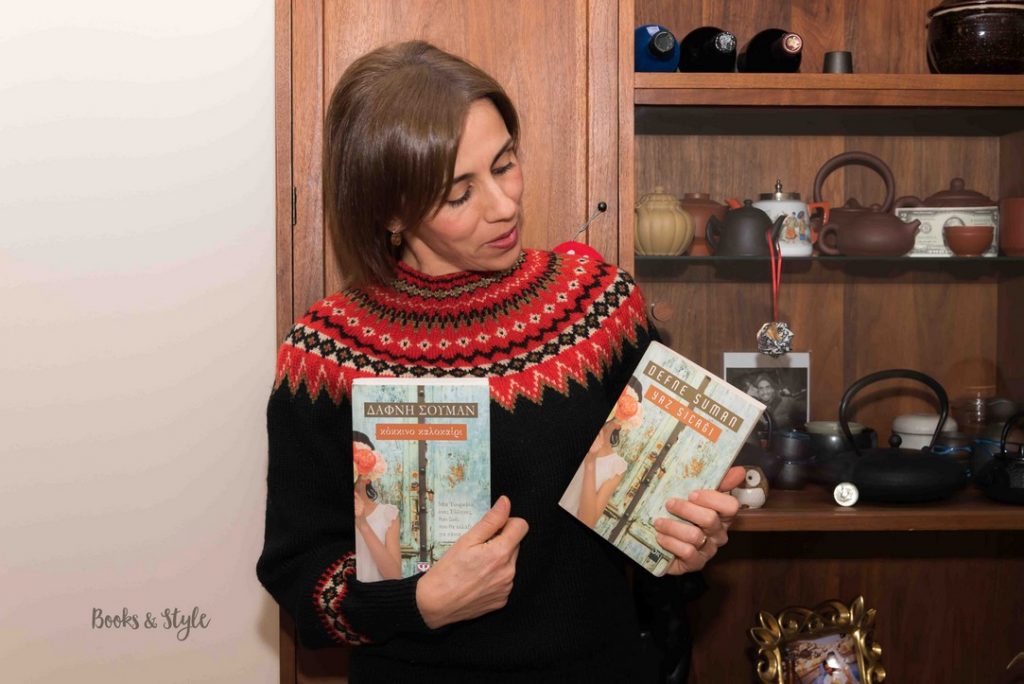 D.S.: Turkish title Yaz Sıcağı means The Heat of Summer. The story starts on a very hot day in the summer of 2003. But it is the only reason. The key secret of the story takes place on a very hot summer too: the summer of 1974. It is not only hot in terms of weather but it is also a summer of war for Turkey, Greece and Cyprus. It is a summer of hot pain, agony and endless suffering for the people of Cyprus. From the summer of 2003, the story takes us to the summer of 1974. There is also passion and love between a Turkish woman and a Greek-Cypriot man which is heightened by the summer nights of Istanbul and Cyprus. Thus the name is Yaz Sıcağı.
D.S.: Turkish title Yaz Sıcağı means The Heat of Summer. The story starts on a very hot day in the summer of 2003. But it is the only reason. The key secret of the story takes place on a very hot summer too: the summer of 1974. It is not only hot in terms of weather but it is also a summer of war for Turkey, Greece and Cyprus. It is a summer of hot pain, agony and endless suffering for the people of Cyprus. From the summer of 2003, the story takes us to the summer of 1974. There is also passion and love between a Turkish woman and a Greek-Cypriot man which is heightened by the summer nights of Istanbul and Cyprus. Thus the name is Yaz Sıcağı.
M.G.: Is your book based on real characters and events or is it purely fictional?
D.S.: Everything is purely fictional. There are no real characters. But my mother said she found a lot of Defne in the main character Melike’s behavior. Especially in her childhood.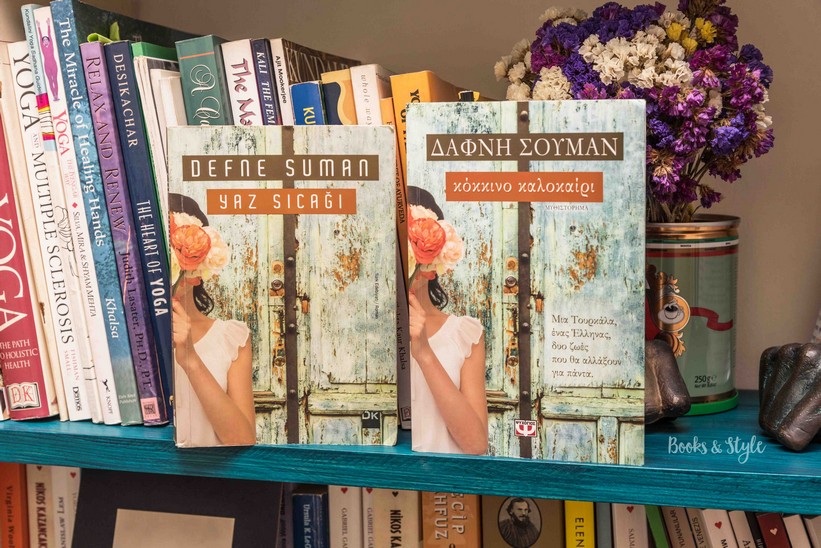 M.G.: The narration of the book follows the lives of the members of a family and is mainly based on Melike’s emotions evoked from her relationship with her father. I would say that it is a psychological analysis of Melike. Did you aim to do that?
M.G.: The narration of the book follows the lives of the members of a family and is mainly based on Melike’s emotions evoked from her relationship with her father. I would say that it is a psychological analysis of Melike. Did you aim to do that?
D.S.: Yes, I did aim that. I believe that the modern literature is always after existential questions. Mainly who am I really? This very essential question about our existence bothers even a careless woman like Melike. No matter how much resistance she shows, at the end she surrenders to the fact that her identity is different from what she thought it was up to that point in her life. She accepts that her anger is actually her suffering and her suffering does not only belong to her; it is the pain of her family. It is pain of her people whom she never knew before. With the entrance of a charming young man in her life she slowly starts to see things in a different light.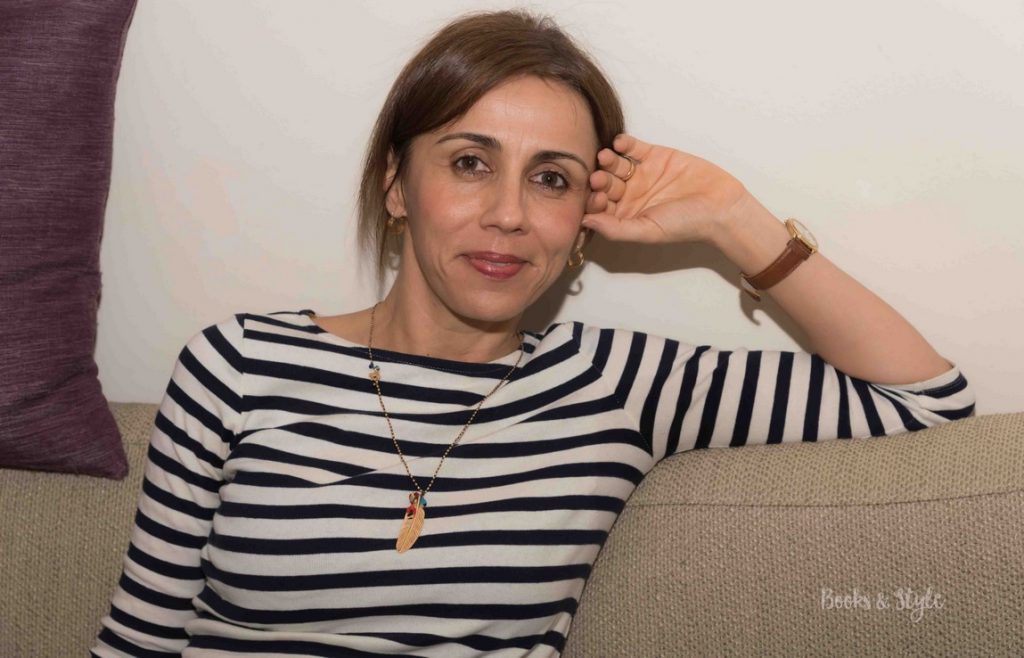 M.G.: Though your story begins in Istanbul, it ends up in Cyprus. The events and the lives of your characters are related to the tragic events which happened in Cyprus in the summer of 1974. What urged you to write about these events?
M.G.: Though your story begins in Istanbul, it ends up in Cyprus. The events and the lives of your characters are related to the tragic events which happened in Cyprus in the summer of 1974. What urged you to write about these events?
D.S.: I was born in 1974 in Istanbul. My family were a big supporters of Bulent Ecevit, who was the prime minister at the time of Turkey and the main figure who started the operation which led to the occupation of Northern Cyprus by the Turkish military in the summer of 1974. Up until I met my Greek husband I have never thought about Cyprus. Yes, I grew up listening to the stories of how my parents had to turn off lights at nights and hide under the tables because they were afraid of a potential attack of the Greek fighter jets and how I was a baby when they all covered the window with blue paper so that the light is not seen from outside. But that was it. I was not curious what really happened in Cyprus. Unknowingly I took the Turkish state’s official version of history as truth. Only after I met my husband and heard the Cyprus story from Greek side I realized that what I knew as the “Cyprus Peace Operation” was an official and full on invasion of a sovereign country by the Turkish military. Later I did a lot of research and came to understand the pain of the island- both Turkish and Greek Cypriots. I wanted to use this human tragedy as a backdrop to my story. I am happy to see that many young Turkish readers thanked me for opening their eyes to the reality of Cyprus.
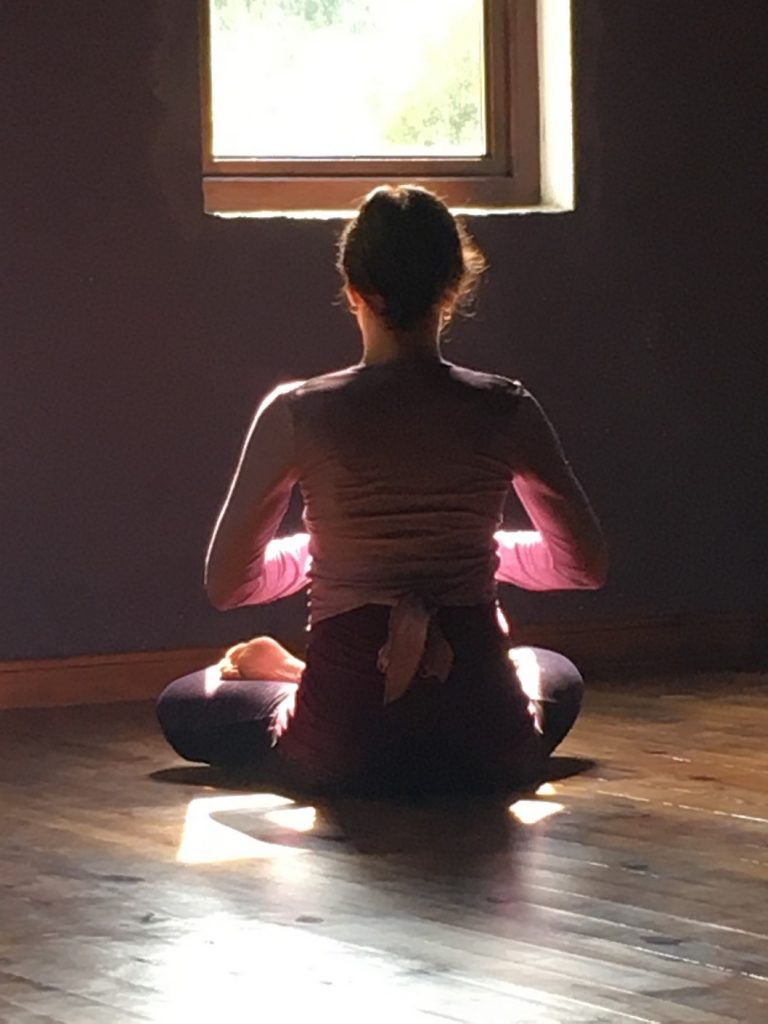 M.G.: Secrets and lies have been involved in Melike’s life and have disrupted her soul. She, herself, is wondering “Me? What did I really have? My husband? The secret passions I had been living, my lovers»? What is Melike seeking in these lovers’ arms?
M.G.: Secrets and lies have been involved in Melike’s life and have disrupted her soul. She, herself, is wondering “Me? What did I really have? My husband? The secret passions I had been living, my lovers»? What is Melike seeking in these lovers’ arms?
D.S.: Melike is an unsatisfied soul. And the story slowly reveals the reasons for her dissatisfaction with life. She does not feel complete. She is searching the missing piece in her life. She thinks that passion and little games she plays in order to seduce men are enough to fill that gap in her life. But it is not. And she is aware of it. She has to face her past. She has to forgive her father and she has to listen to his story. She has to understand where she belongs. Only after all that we find her finally content with life with no external pleasures and search for passion. The missing piece is within herself and in order to realize that she has to go through everything she went through in the story.
M.G.: “Love is better experienced when one is alone, one experiences the feelings better in solitude”, you are writing. Is love a solitary feeling?
D.S.: I don’t know if love is a solitary feeling but in my experience it is best experienced when you are alone, when you are by yourself. When you are in the presence of the beloved you are overwhelmed by your feelings and sometimes you are taken by your concerns about being approved and liked by the beloved. The moments that you spent together beloved are very exciting and joyful but you can reflect what is really happening in your heart when you are alone, when you take a step away from yourself and your loved one. For that kind of reflection I usually need to be alone.
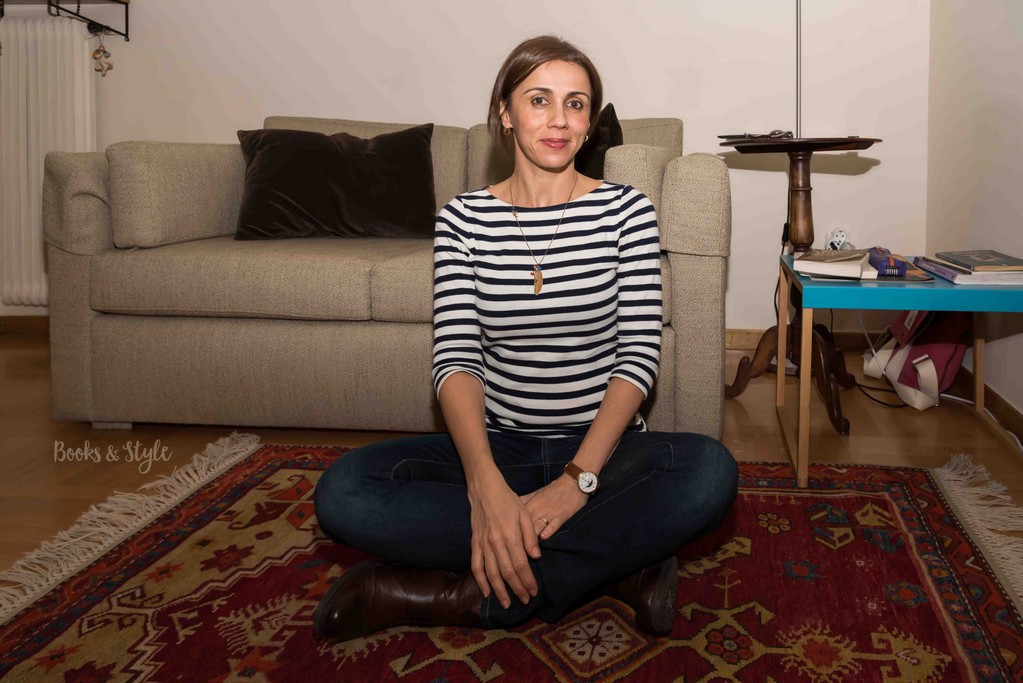 M.G.: Do you believe that fate or the choices they made played the most important part in your characters’ lives?
M.G.: Do you believe that fate or the choices they made played the most important part in your characters’ lives?
D.S.: It is fate. It is not only the fate of one single individual but also everything that happened to her mother, father, grandparents and ancestors. It is best understood how our choices had no power when you look at our past. We may think that we made a choice and we went into a certain direction as the result of that choice. Then things start to run in a particular way in our life. We may think it is due to our decision that life had taken a special course. But how could that be possible? At the same time of our choice, there are millions of other things happening in the world that have the power to take our lives this way or that way. We have no control over what will happen. We have control only on our reactions. Life will do whatever it is supposed to do. We can choose our reaction to it.
M.G.: “Love transcends the feeling caused by your beloved”, you are writing in a part of your book. What is love for you?
D.S.: For me love is the opposite of fear. It is courage and trust. It is only when you feel love for someone or something you dare to take the steps that are impossible before the encounter with the beloved.
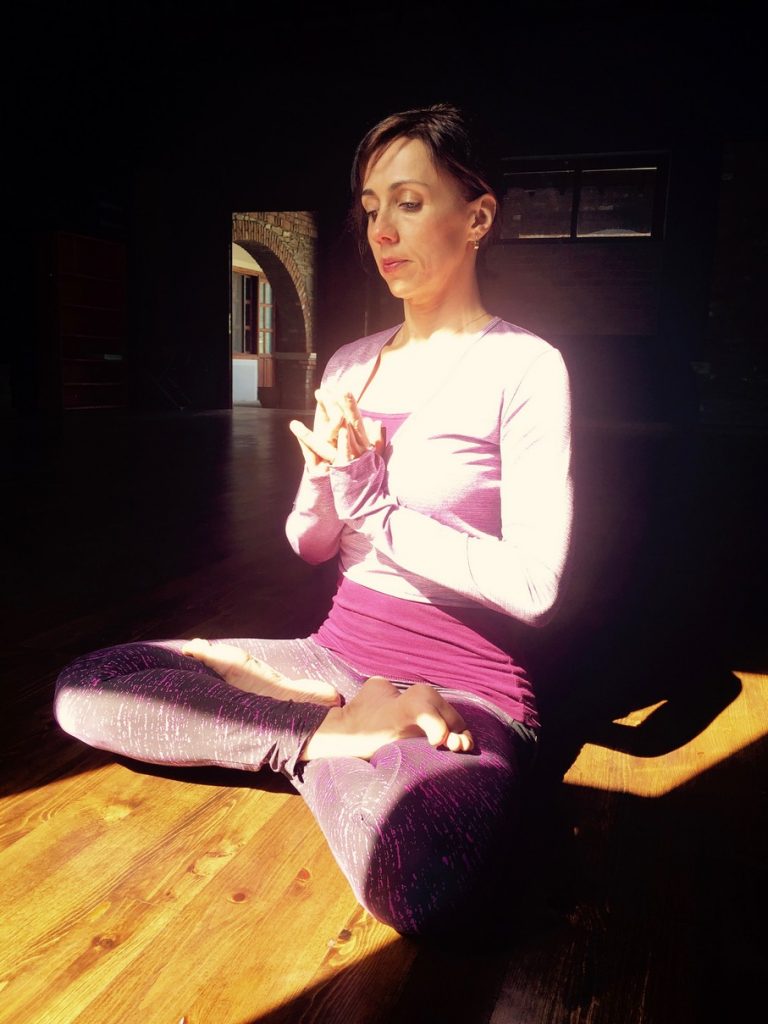 M.G.: Through your book, through the lives of Safiznaz and Orhan, I felt you were saying “I may be Turkish, I may be Greek. I am, first and foremost, the same human being”. What is your own message?
M.G.: Through your book, through the lives of Safiznaz and Orhan, I felt you were saying “I may be Turkish, I may be Greek. I am, first and foremost, the same human being”. What is your own message?
D.S.: Yes, like I said above I detest the ideology of nationalism. It had hurt so many people and it continues to do so. All human beings feel the same way. Love, friendship, the need to belong to your family, faith and the need to believe that there is something bigger and more sacred than our everyday lives are all universal experiences of human beings. While we have so much in common as human race, why divide and ourselves with artificial labels as Greek or Turkish. My message is let’s focus on our commonalities not our differences.
M.G.: I admit that I read your book with an unrelenting interest from the beginning to the end. It is an excellent book about the amazing story of a family, a story “weaved in secrets”. What was the audience reception of your book in Turkey and in Greece?
D.S.: In Turkey there has been a great response. People liked it a lot. They were touched by the story, they identified themselves with the characters. I received emails from many women who said that they felt just like the way Melike feels. Many people thanked me for telling them the other side of the Cyprus tragedy. I received so many inquiries about a tour of the book. Readers asked me to take them to the neighborhoods of Istanbul where the story begins. I became the tour guide for two days and took groups of 25 people in the old Byzantine neighborhoods where Melike and Petro met for the first time. In Greece I was already invited to a radio program and had a presentation at the Ianos bookstore. Both events received a good response and great feedback. The book is very new in Greece and I hope that it will reach many readers as it did in Turkey.
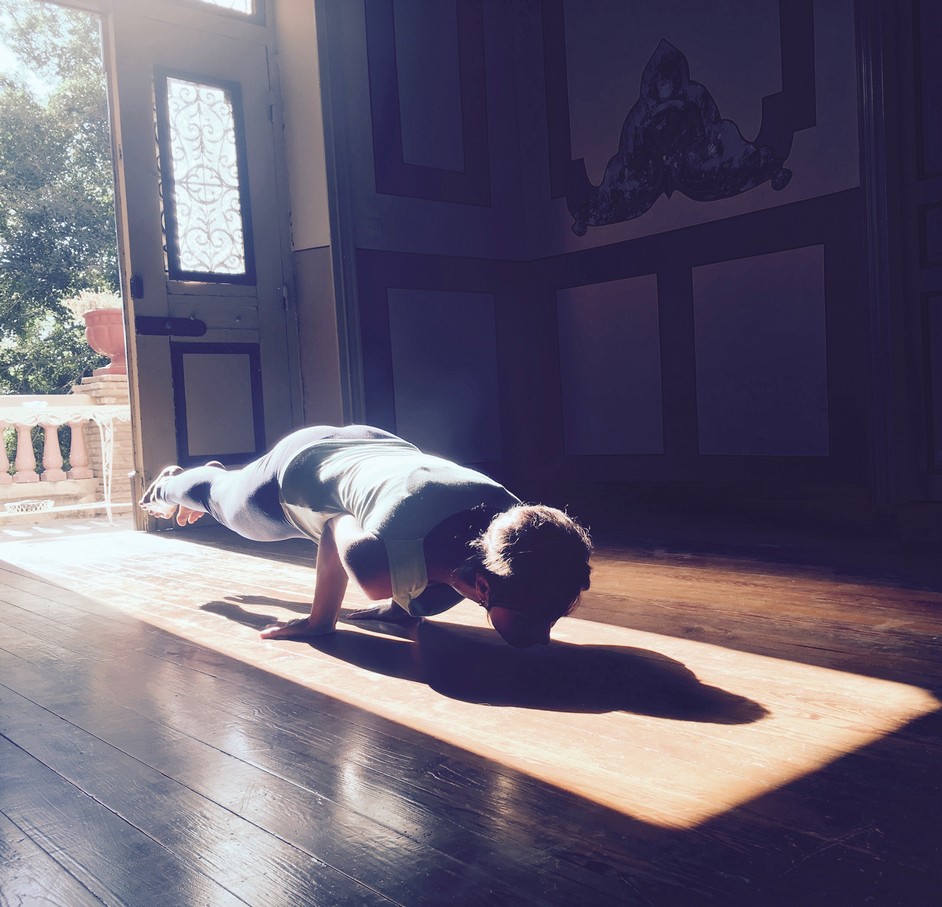 M.G.: What is the message that you would like to communicate to your Greek readers who are fans of your books?
M.G.: What is the message that you would like to communicate to your Greek readers who are fans of your books?
D.S.: I would like to communicate to all my readers the message that in our hearts we all suffer the same. We are all blinded by narratives of national ideologies. It is better for our own hearts and for the whole world that we open our eyes and we seek the truth instead of believing in the history which is presented to us as the ultimate reality. As a writer I am trying to say that there is always two sides to a story. There are no bad guys and good guys. Human hearts suffer the same way. We should try to connect instead of divide ourselves into camps. That is the healing we need as individuals and that is the healing which the world needs more then ever, today.
M.G.: Thank you, Mrs Suman for responding to our questions.
D.S.: I thank you for your warmth and great questions.
Biography
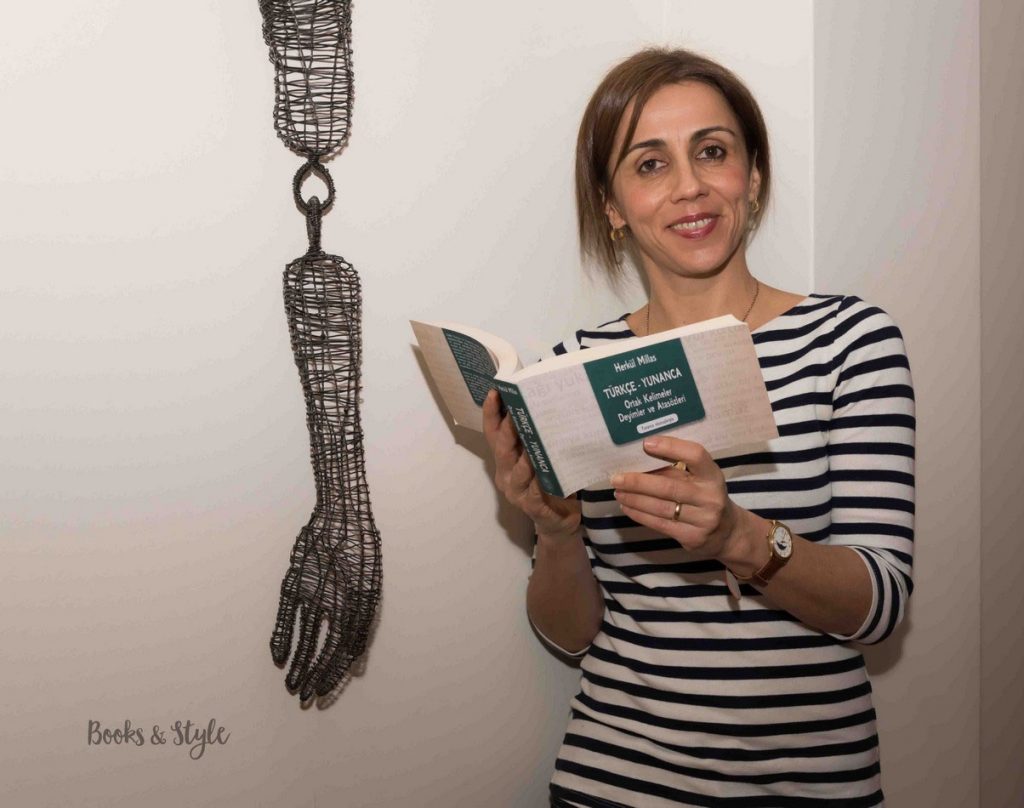 Dafne Suman was born in Instabul. She is a sociologist, an author and a yoga teacher while she has extensively written on subjects such as spirituality, History and Psychology. She absolutely loves books and she has been writing since she was a child. She continuously travels getting inspired from the countries she visits and the people she meets. She lives in Athens, she is married to a Greek and she and her husband constantly work on developing friendship and cultural bonds between The two countries. Her books, THE SILENCE OF SEHRAZAT and RED SUMMER have been published from PSYCHOGIOS PUBLICATIONS.
Dafne Suman was born in Instabul. She is a sociologist, an author and a yoga teacher while she has extensively written on subjects such as spirituality, History and Psychology. She absolutely loves books and she has been writing since she was a child. She continuously travels getting inspired from the countries she visits and the people she meets. She lives in Athens, she is married to a Greek and she and her husband constantly work on developing friendship and cultural bonds between The two countries. Her books, THE SILENCE OF SEHRAZAT and RED SUMMER have been published from PSYCHOGIOS PUBLICATIONS.

